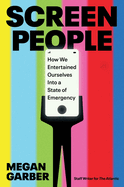The 21st Annual Winter Institute: It's a Wrap
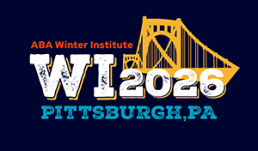 The American Booksellers Association's 21st annual Winter Institute, held last week in Pittsburgh, Pa., was another well-run, exciting show and an excellent opportunity for a thousand indie booksellers to get together, talk shop, meet authors, brush up on their bookselling knowledge and skills, and more. Panels delved into a range of issues, from nuts and bolts about POS systems to how to deal with book bans, ICE, and other pressures of a challenging political situation. And as always, attendees were reminded of the power of meeting in person, whether catching up with old friends or making serendipitous connections with new people.
The American Booksellers Association's 21st annual Winter Institute, held last week in Pittsburgh, Pa., was another well-run, exciting show and an excellent opportunity for a thousand indie booksellers to get together, talk shop, meet authors, brush up on their bookselling knowledge and skills, and more. Panels delved into a range of issues, from nuts and bolts about POS systems to how to deal with book bans, ICE, and other pressures of a challenging political situation. And as always, attendees were reminded of the power of meeting in person, whether catching up with old friends or making serendipitous connections with new people.
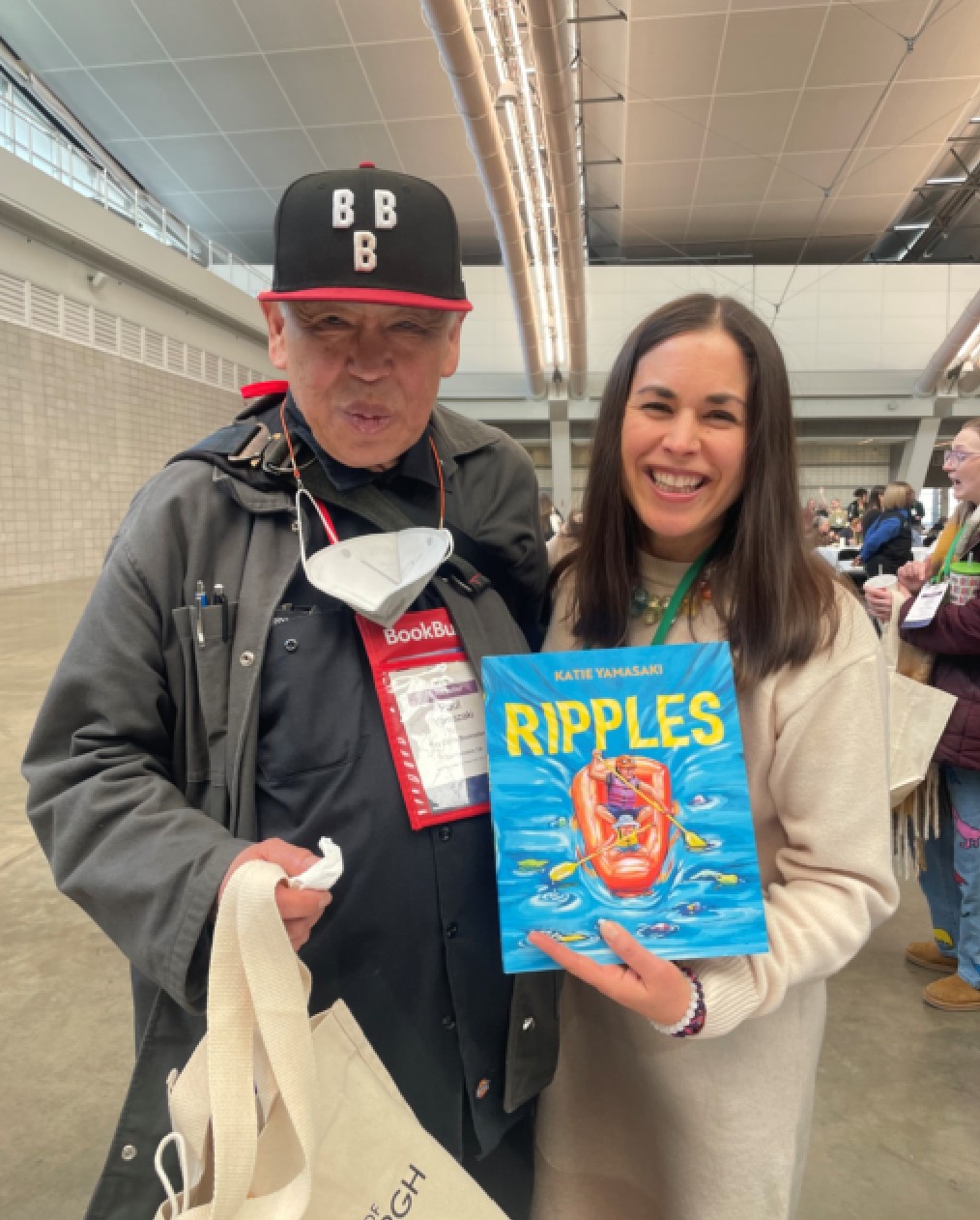 |
|
| City Lights' Paul Yamazaki with his niece Katie Yamasaki, who signed her picture book Ripples (Norton Young Readers) at the author reception. | |
"Given the significant challenges attendees had faced this past year and in the days leading up to the conference, we wanted Wi2026 to give people the community and joy we felt they needed right now," ABA CEO Allison Hill said. "And thanks to the staff's intentions and hard work, as well as the spirit and energy of attendees, both community and joy were evident in spades. Winter Institute felt great, and we've been overwhelmed by the positive feedback and thank yous from attendees. It really was a great week. As I said in my closing, I hope everyone who was there took some of that joy and community with them when they left and that they're able to draw from it in the days ahead as they continue doing the vital work they do in the world--work we desperately need right now."
Downtown Pittsburgh drew positive reviews as a site for Winter Institute, with hotels close to the convention center, plenty of restaurants and bars nearby, and a picturesque riverside location. Congratulations to the ABA staff for hosting another smoothly run show.
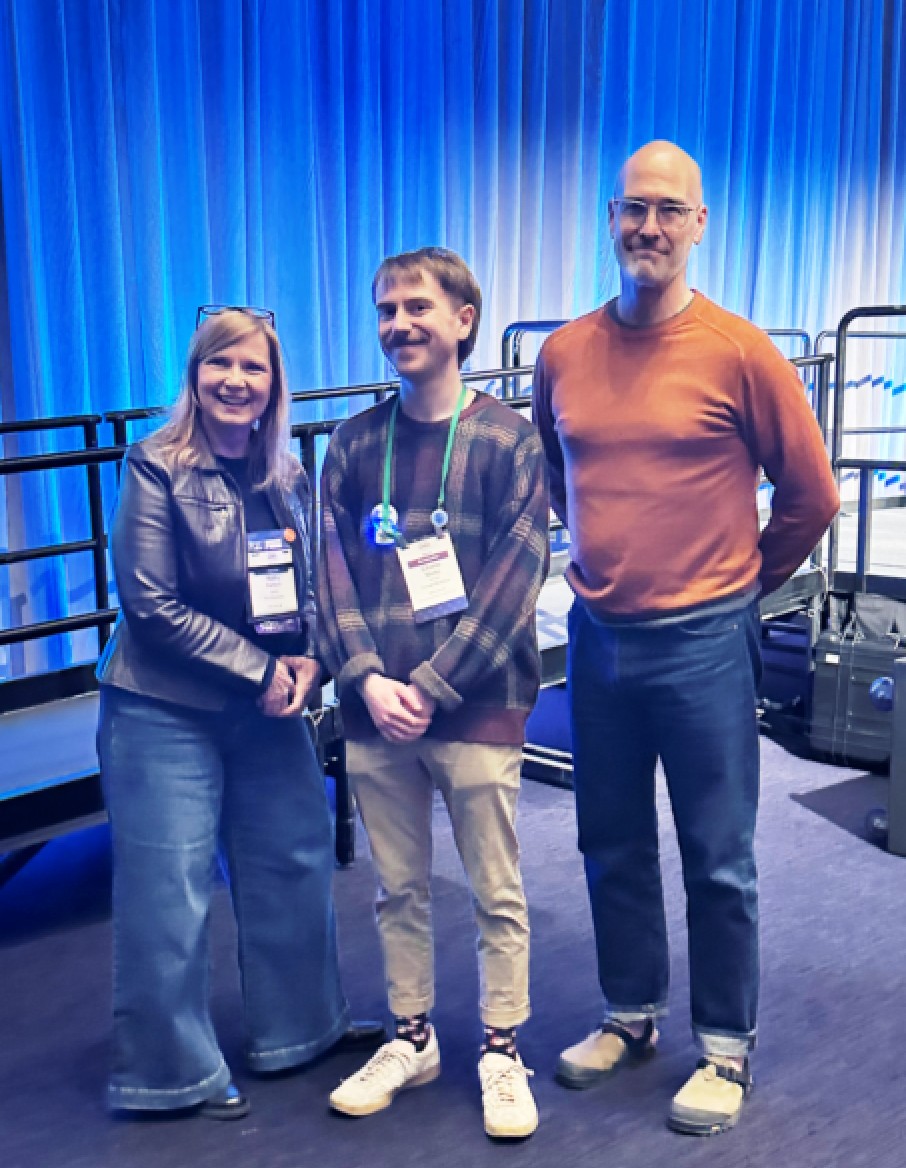 |
|
| Binc's Heads-or-Tails Contest: Kathy Bartson, BINC director of development; winner Charlie Marks, Fountain Bookstore, Richmond Va.; and Shelf Awareness's Neil Strandberg, official coin tosser. | |
Among the highlights of Winter Institute were keynotes featuring authors LeVar Burton, Xochitl Gonzalez, Colson Whitehead, Min Jin Lee, Marlon James, Aimee Nezhukumatathil, and Isaac Fitzgerald (all of whom offered effusive thanks to and praise for independent booksellers); the Independent Publishers Caucus's Indie Press Summit; a poetry showcase; the IGNITE conference for BIPOC booksellers and others; an expansive authors reception; the opening reception at the August Wilson African American Cultural Center; rep and editor pick sessions; a range of publisher dinners and parties; a full Galley Room, and more.
An especially enthusiastic moment came at the end, when Allison Hill announced the time and location of the next Winter Institute, a spot that "will be in such a better place than they are now": Minneapolis, Minn., February 10-14. The shouts and applause in response indicated a deep solidarity with the people of that city and what they've gone through over the past several months.
Celebrating its 30th anniversary, the Book Industry Charitable Foundation (Binc) again sponsored a heads-or-tails contest, which this year raised some $4,500. At the end of the show, Charlie Marks of Fountain Bookstore, Richmond, Va., won the contest--and $500.
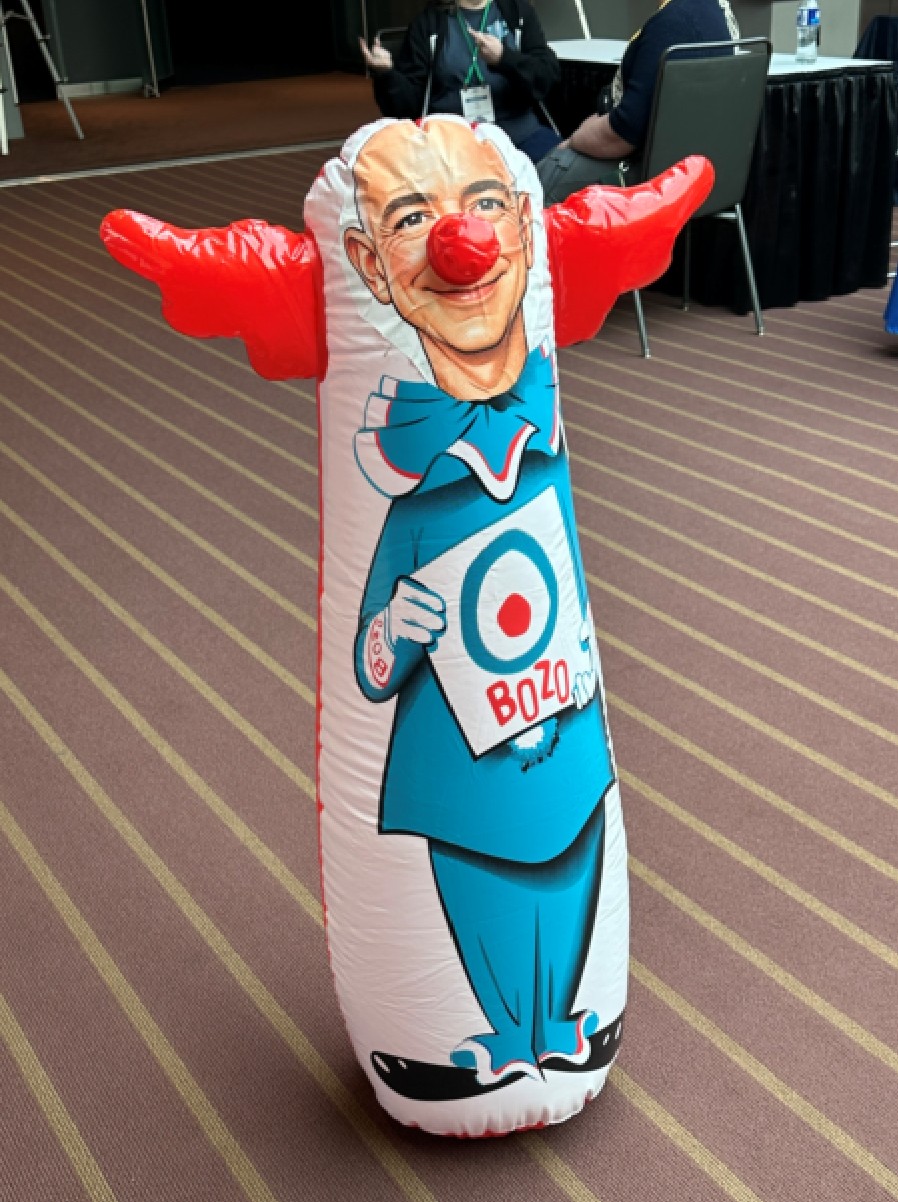 One of the most popular "displays" was at Bookshop.org's table, which featured a Bezos the Clown balloon that was about three feet tall. Passersby were encouraged to kick the balloon, which usually fell to the floor in a satisfying way.
One of the most popular "displays" was at Bookshop.org's table, which featured a Bezos the Clown balloon that was about three feet tall. Passersby were encouraged to kick the balloon, which usually fell to the floor in a satisfying way.
What's a Winter Institute without a little drama? This year some attendees arrived late or didn't make it because of a blizzard that hit much of the East Coast the day the event opened.
The usual town hall or community forum was quietly deleted from the schedule, an event that was a major part of the first 20 Winter Institutes. With the demise of BookExpo, the gatherings were the only time that a large group of ABA members could meet together in person, make comments, bring up issues, and--this year of all years--rally and join as community in a difficult time. Of course, the meetings are sometimes contentious, but that is an old tradition in the book world and often winds up being very constructive. In 2017, for example, a tense town hall led to major positive changes in the board structure and representation.
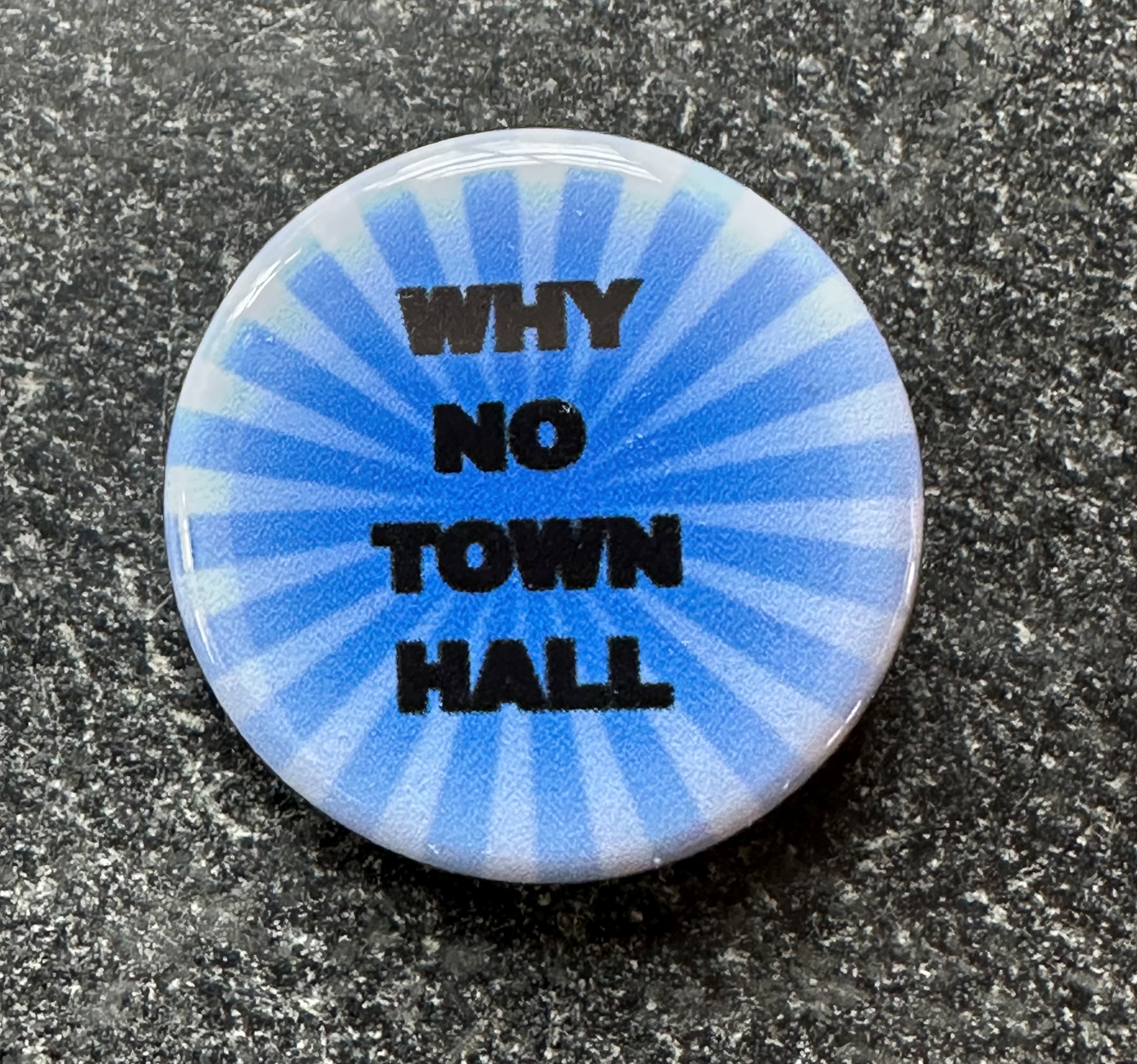 |
|
| Lucy Kogler of Talking Leaves... Books, Buffalo, N.Y., gave away more than 200 of these pins. | |
Some attendees were glad the town hall was scrubbed, mainly because of how contentious the last two were. But others asserted that the meetings themselves weren't the problem; the problem was they needed to be managed better. In a kind of Catch-22, because there was no town hall this year, there was no forum to discuss the value of a town hall, whether to continue them, how to improve them, etc. (There will be a virtual community forum in connection with the ABA's virtual annual meeting in June, but some noted that the Zoom format isn't as effective as an in-person meeting.)
And in another troubling turn, media were barred from several panels, including two that were the most topical and potentially very useful for booksellers across the country: "ICE and Bookstores" and "Staying Safe in Uncertain Times: Physical & Event Security for Booksellers." Reportedly some panelists had security concerns that led to the media exclusion. The "ICE and Bookstores" panel was not recorded, so only those people who attended in person could benefit.
[Despite our attempts to compromise--keeping panelists anonymous or reporting on the panelists' advice without mentioning that the recommendations came from a panel--we were not permitted to be in the room. We're trade press, and our mission is to support indie bookstores. We hope this trend doesn't continue.]
Shelf Awareness will have more coverage of Winter Institute 2026 this week. --John Mutter











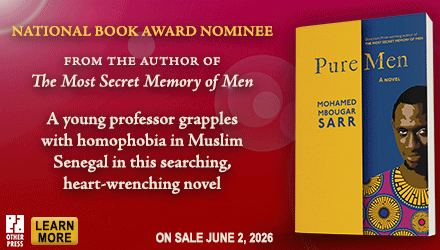
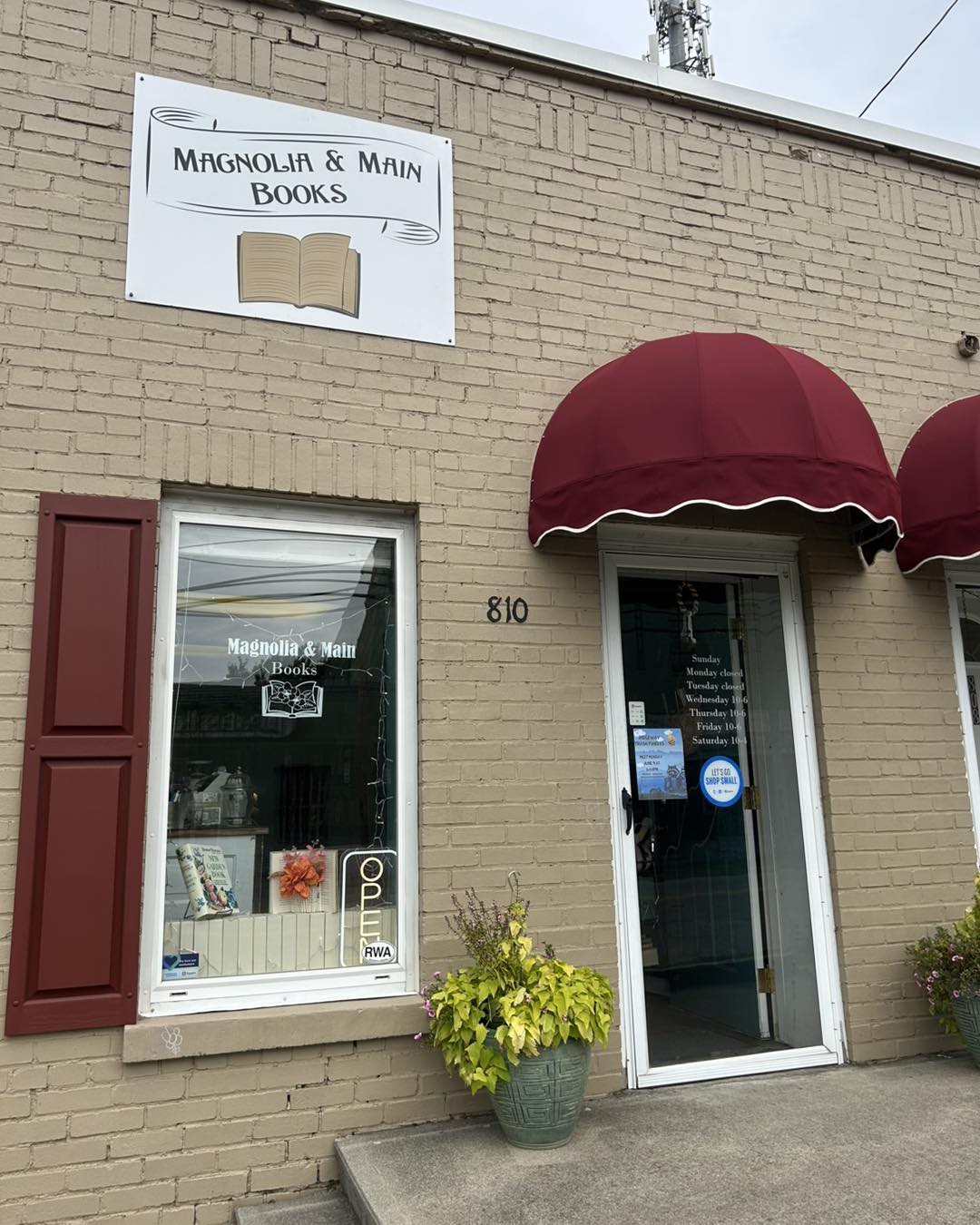

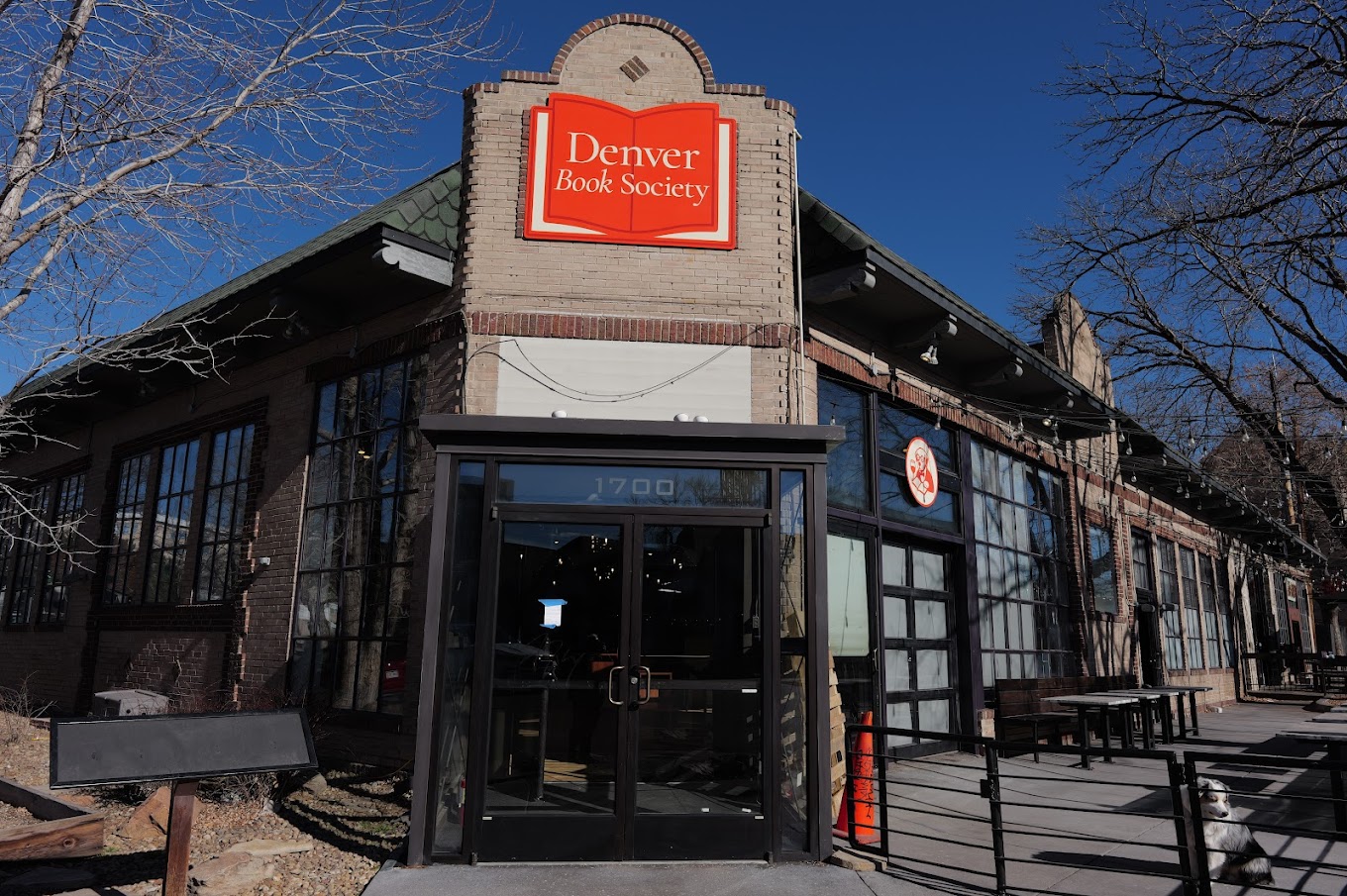 There will not be an official grand opening event. "I'm not in love with the concept of grand openings for two reasons. One, it's just too hard to be ready for something like that," Spearman said, recalling the 2022 launch of the Colorado Springs Tattered Cover location. "It stressed everyone out, and it's so tough to give everyone a good first impression that way. Not great. And secondly, it attracts a different kind of attention; we don't necessarily want the pomp and circumstance. We really just want to get the word out naturally by opening our doors and doing our thing in the best way we can."
There will not be an official grand opening event. "I'm not in love with the concept of grand openings for two reasons. One, it's just too hard to be ready for something like that," Spearman said, recalling the 2022 launch of the Colorado Springs Tattered Cover location. "It stressed everyone out, and it's so tough to give everyone a good first impression that way. Not great. And secondly, it attracts a different kind of attention; we don't necessarily want the pomp and circumstance. We really just want to get the word out naturally by opening our doors and doing our thing in the best way we can."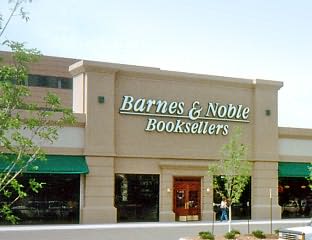 Barnes & Noble will open its new bookstore in First & Main Town Center at 3173 Cinema Point, Colorado Springs, Colo., on Wednesday, March 4. The event will feature Rebecca Yarros (the Empyrean series).
Barnes & Noble will open its new bookstore in First & Main Town Center at 3173 Cinema Point, Colorado Springs, Colo., on Wednesday, March 4. The event will feature Rebecca Yarros (the Empyrean series). 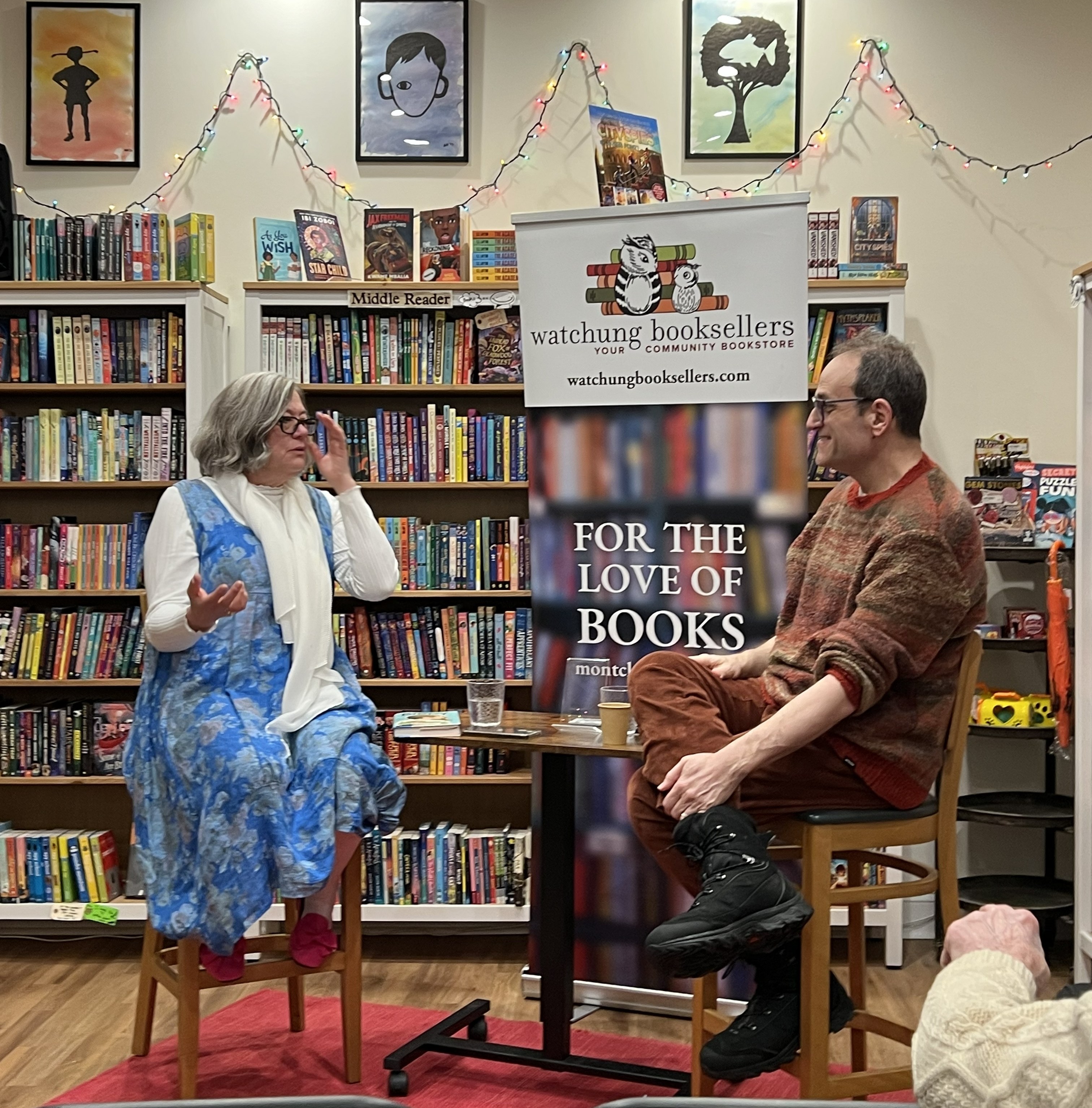
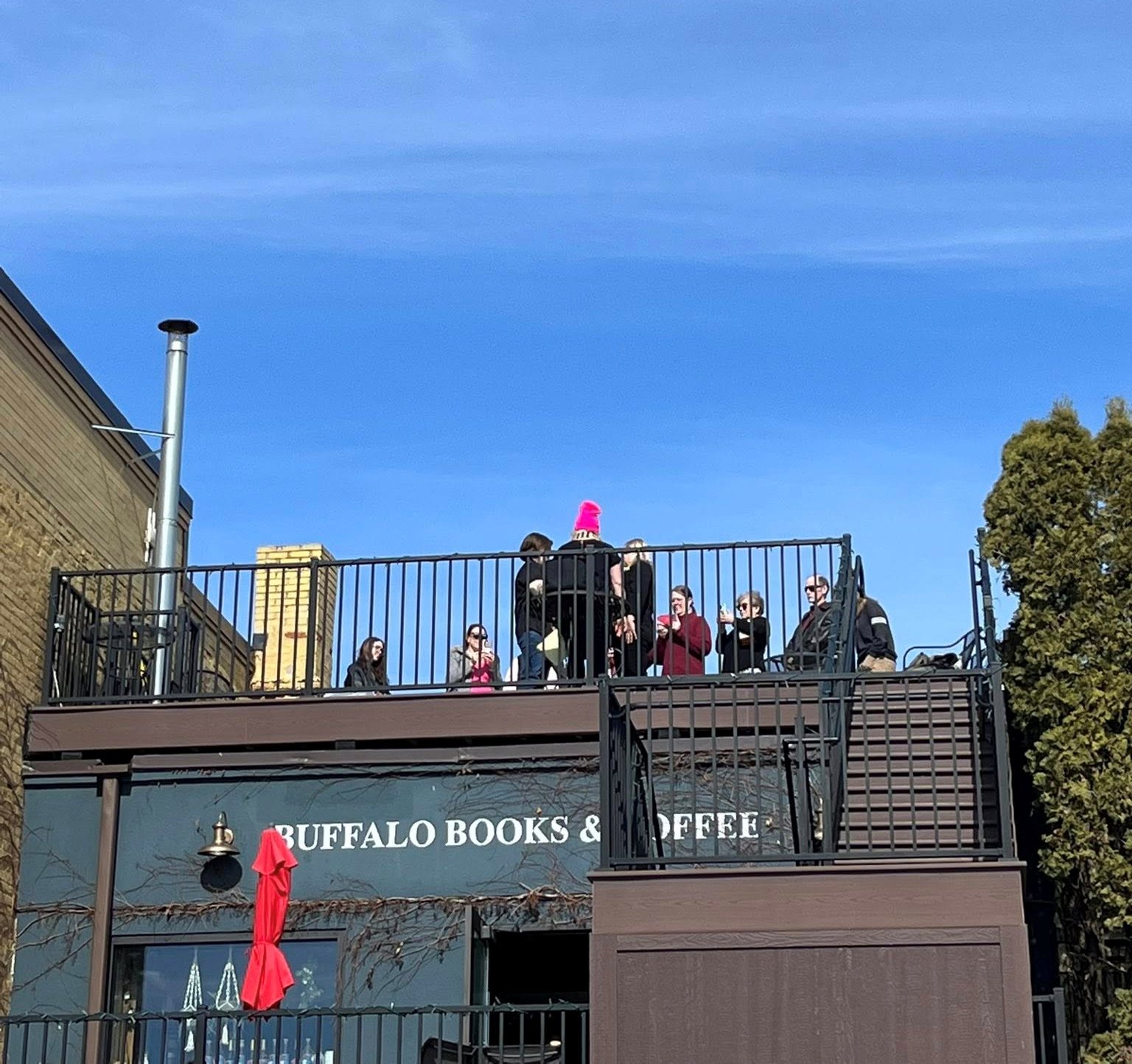 Posted on Facebook by
Posted on Facebook by 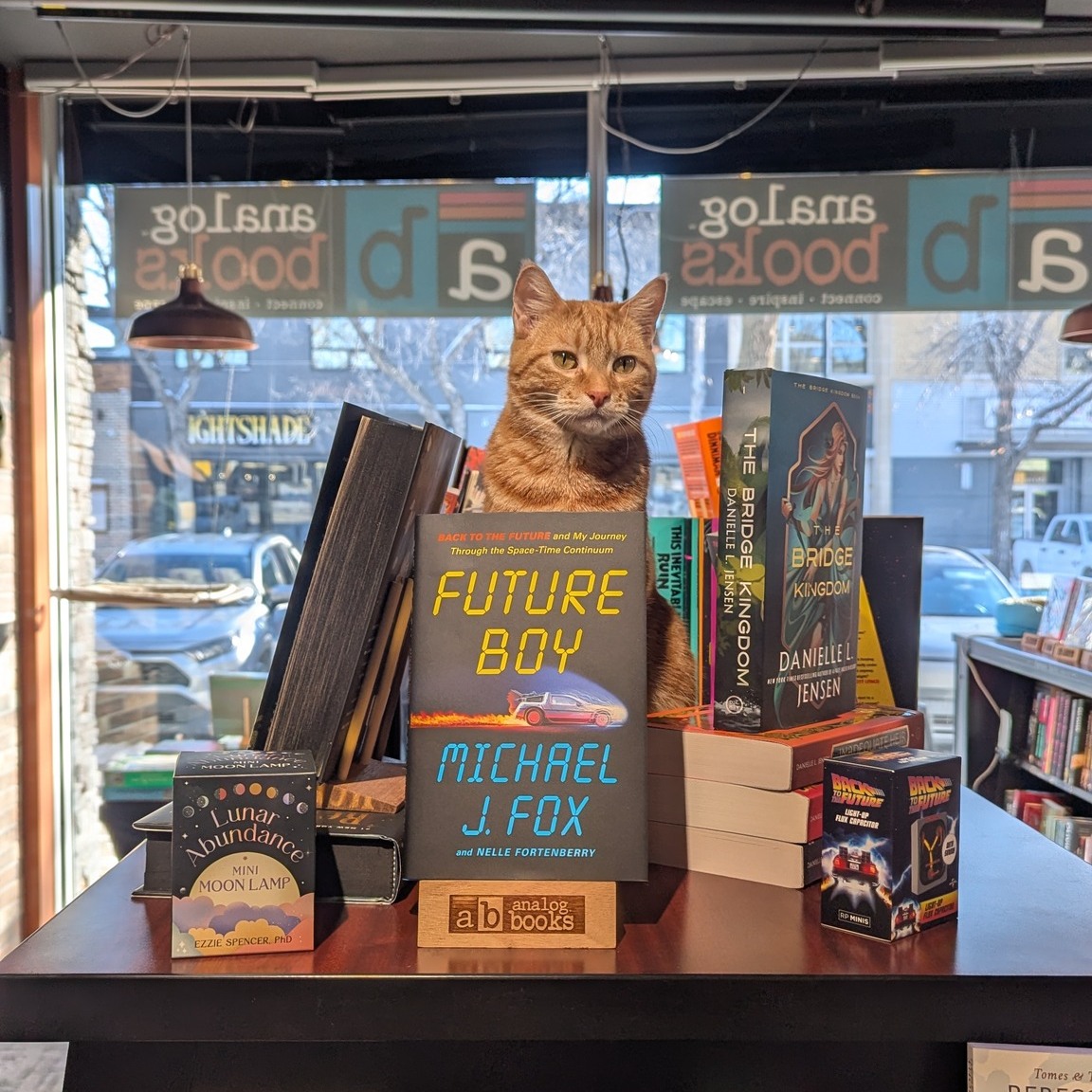
 Eggs: All Day, Every Way
Eggs: All Day, Every Way
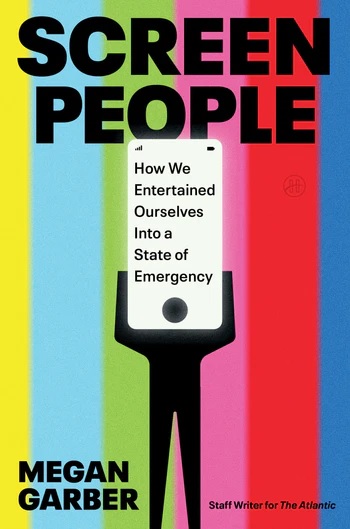 Anyone who has felt a twinge of regret when their smartphone reminds them how much time they've spent looking at a screen the previous week will appreciate Screen People, Megan Garber's well-informed account of how electronic devices have come to dominate modern lives. Asserting that "screens change things," Garber, a staff writer for the Atlantic, delivers a thoughtful, high-level survey of all the ways they are doing so.
Anyone who has felt a twinge of regret when their smartphone reminds them how much time they've spent looking at a screen the previous week will appreciate Screen People, Megan Garber's well-informed account of how electronic devices have come to dominate modern lives. Asserting that "screens change things," Garber, a staff writer for the Atlantic, delivers a thoughtful, high-level survey of all the ways they are doing so.